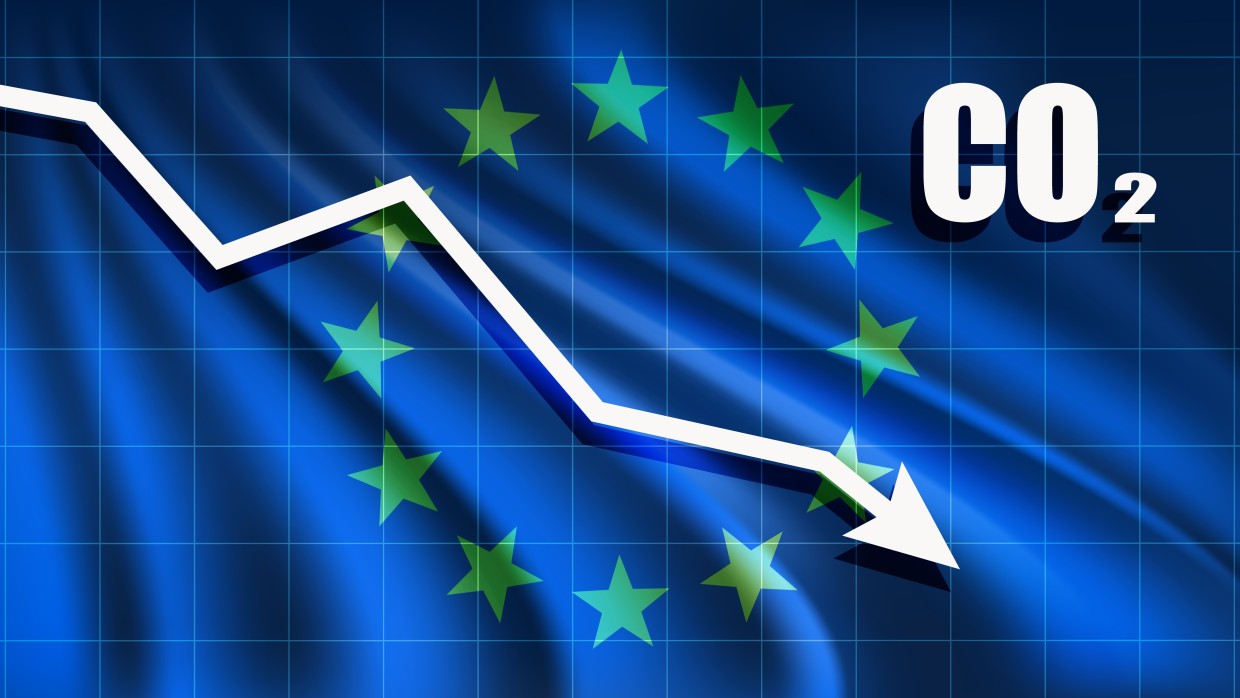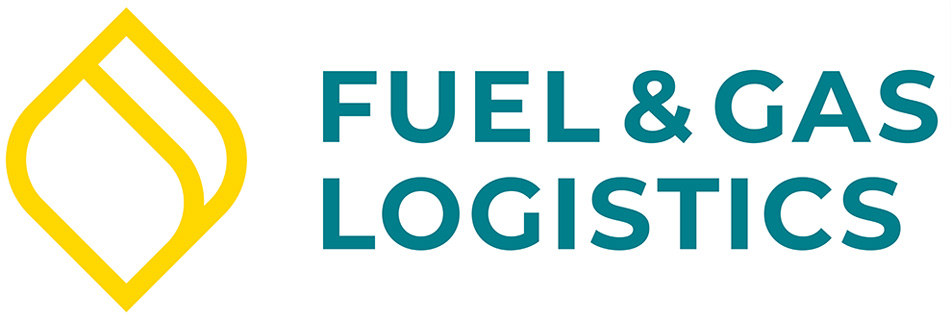News
News
Could the "Combustion Engine Phase-out" Be Over?
The EU is already in election campaign mode. Politicians are staking out their positions and existing regulations are coming under scrutiny. One such regulation is the CO2 fleet mechanism, often simplistically known as the "combustion engine phase-out". According to this directive, only zero-emission new cars may be registered in the EU from 2035. This is an impossible target for cars with a traditional combustion engine.
The President of the EU Commission, Ursula von der Leyen, has now announced that the CO2 fleet regulation will be reviewed in 2026. This is a highly significant development for consumers in terms of technological openness and freedom of choice. However, the announcement by no means heralds the end of the "combustion engine phase-out". The 2026 review was on the table right from the start.
Nevertheless, it does raise questions on what the review will be about and whether the scientific and technical foundations of the original EU decision are still valid when viewed in the light of new findings.
Criticism of the current EU regulation centres around the so-called "tailpipe approach". Here, the assessment of carbon emissions is based solely on the vehicle exhaust system. However, numerous studies have shown that if all emissions during the entire life cycle of a car from production to recycling are assessed, the electric car does not perform significantly better than those with a combustion engine powered by diesel or petrol.
For combustion engines that run on biobased or electricity-based carbon-neutral fuels such as HVO and eFuels, the CO2 balance shifts even further against battery-driven vehicles.
To include regenerative fuels in the CO2 fleet regulation, they would need to be taken into account when calculating carbon reductions. This makes sense under the consideration that alternative fuels generally do not emit more carbon during combustion than was previously bound during their production. Therefore, hardly any additional carbon is released into the atmosphere and the overall process is carbon neutral.
At the request of the German Federal Minister of Transport, Brussels has already promised to issue a regulation for new combustion vehicles that can only be driven using eFuels. However, the directive has not yet been published. As early as 2021, the EU Commission also submitted a proposal to base the future taxation of fuels on their carbon emissions.
Both these initiatives would mean that not only new vehicles with combustion engines would be given a perspective for the future. Above all, the existing stock of combustion vehicles could also be fuelled with renewable alternatives, thus immediately saving huge amounts of carbon emissions.
This opportunity is being wasted, particularly because EU regulations have focused solely on battery-powered vehicles. This has ultimately prevented climate protection targets in the transport sector from being met faster.
The problem not only concerns cars but also trucks and heavy commercial vehicles where a 90 per cent reduction in carbon emissions for new registrations is required by 2040.
The Role of Governments
Ultimately, the discussion about "phasing out combustion engines" centres on the question of what role politicians should play. Experience has shown that a market cannot be controlled by simply banning politically and ideologically undesirable technologies while at the same time using billions in taxes to focus solely on electricity as a solution.
Market forces are always the result of supply and demand. If new products are better than their predecessors and offer the consumer practical added value, they will be bought, even if they are significantly more expensive.
The best example of this is the success of the smartphone. Nobody would ever have thought of banning normal telephones. They can even still be found on most desks today, albeit in a more advanced form. And when the latest smartphone model comes out, people queue up to buy one without complaining about the price.
This is the effect that car manufacturers would like to see. Of course, it makes a difference whether you are spending 1,500 or 50,000 euros. However, the principle remains the same.
It should therefore be the task of politicians to create the appropriate conditions for new technologies to develop, but without detailed restrictions on which drive systems can be used to achieve the upcoming CO2 targets.
Nobody can know in advance which innovations will ultimately win through and we can expect there to be a broad mix of drive systems for some time to come. Achieving a mix of solutions with less carbon emissions that use different technologies is the true goal of those who reject the so-called "ban on combustion engines".
They demand that every customer should be able to decide for themselves what kind of vehicle they prefer and how best to reduce emissions.



